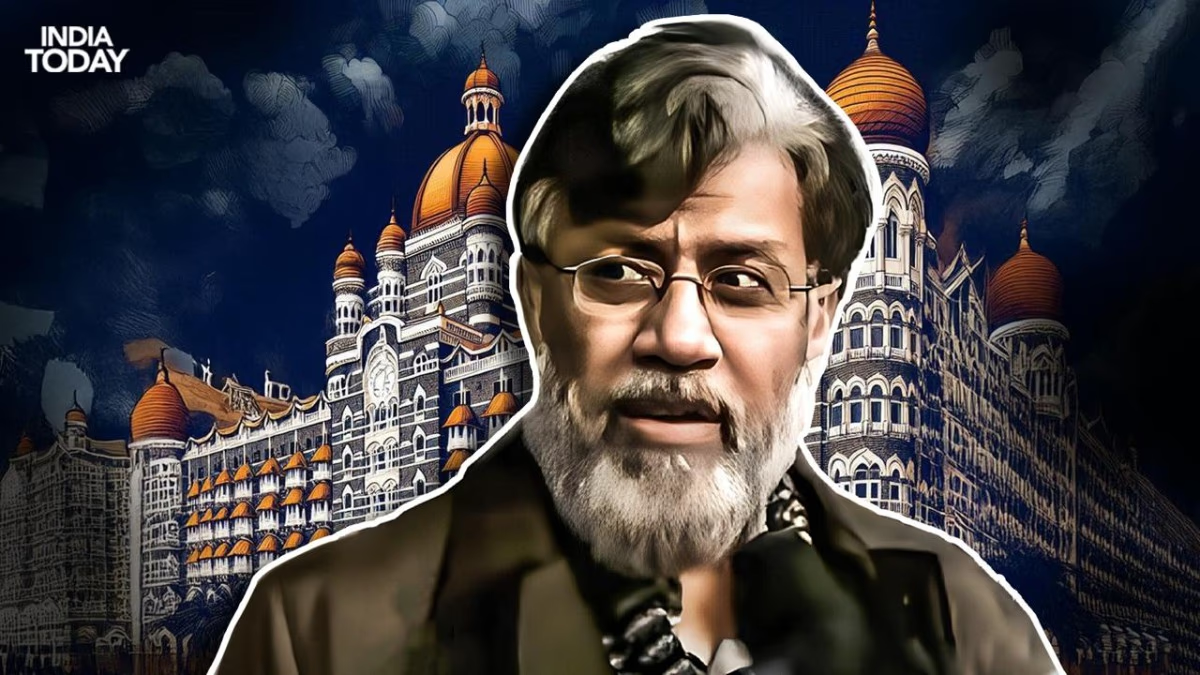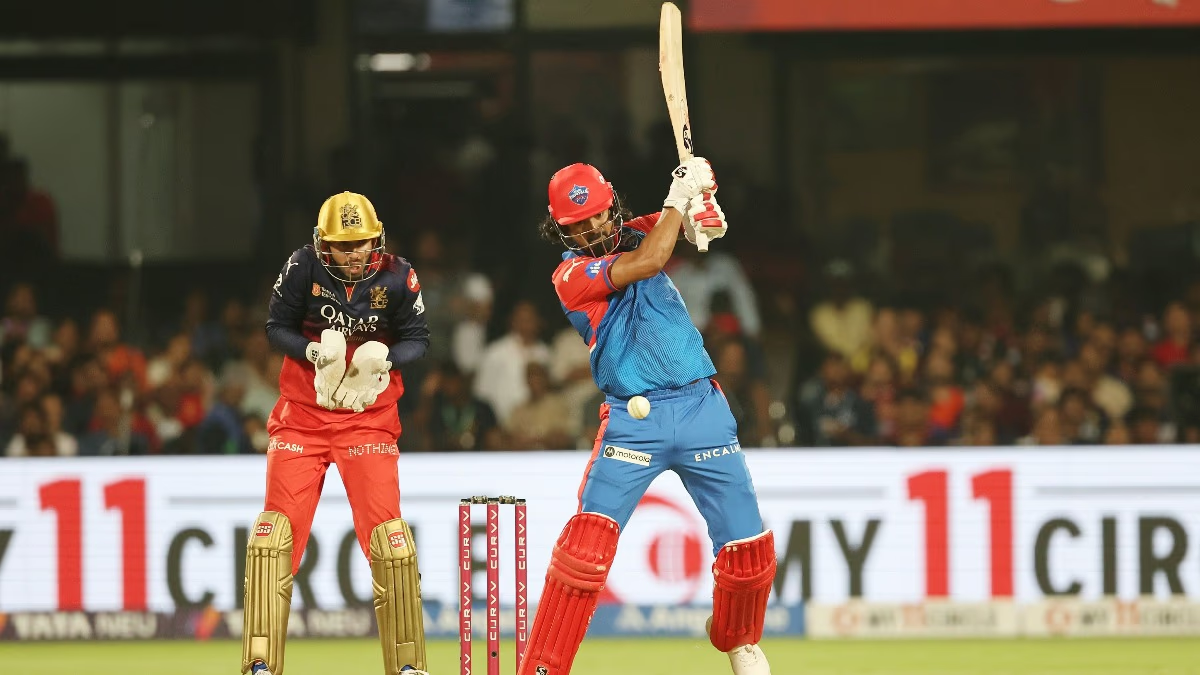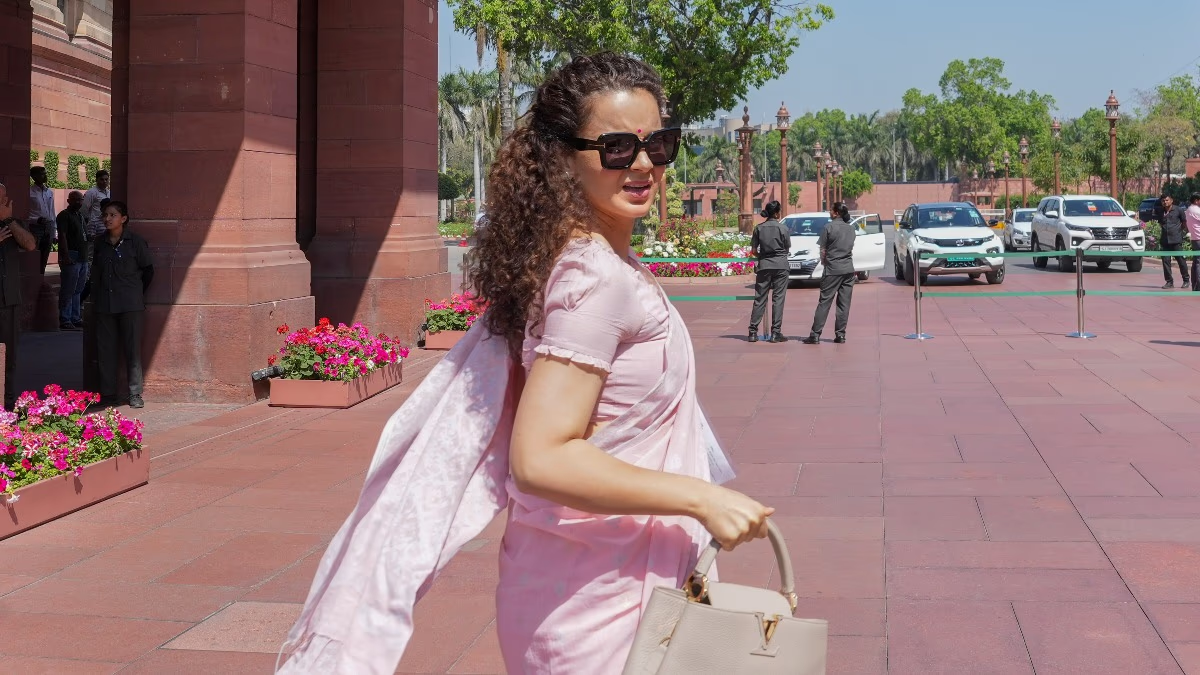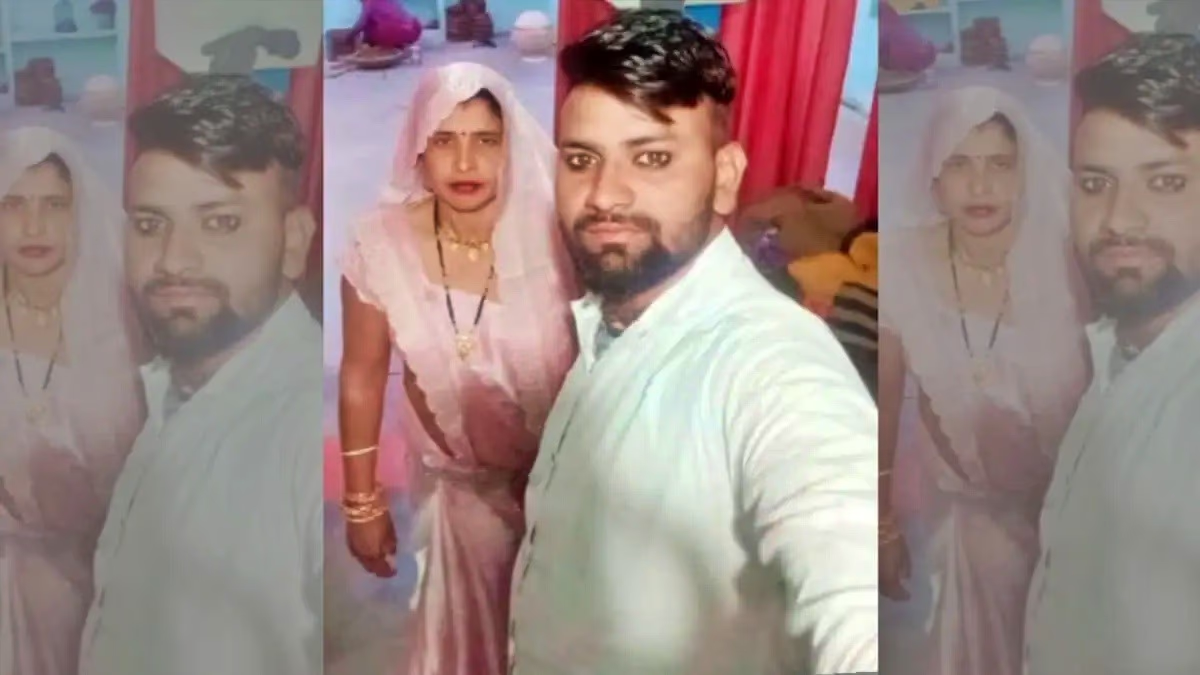Tahawwur Rana, the mastermind behind the Mumbai attacks, has been brought to India. He was the mind who orchestrated the devastating plan on Mumbai. Following a meticulous extradition process, the journey towards justice now begins as he faces charges in India. On Thursday evening, a special flight carrying Rana landed at Palam Airport at 6:15 PM. The NIA immediately arrested him under charges related to the 26/11 Mumbai attacks, followed by a medical examination right at the airport. He was then directly taken to court, where senior lawyer Dayan Krishnan represented NIA to request custody for further interrogation.
No one can forget the terror attacks on Mumbai on November 26, 2008. While many terrorists involved have faced justice, the mastermind had eluded capture, until now. Could India finally bring Tahawwur Rana to justice with a death sentence? This pressing question resonates with every Indian. The NIA is crafting a robust case against him to expedite his punishment as swiftly as possible.
According to sources, an exclusive room at the NIA headquarters has been set up for Tahawwur Rana's interrogation. Only 12 people, including senior NIA officials and select security personnel, have access. Anyone wishing to speak with him must get prior approval from NIA officials. They plan to present Rana with certain images, videos, emails, and voice recordings specifically linked to the 26/11 attacks, followed by a detailed question-answer session.
The NIA is striving to unearth information from Tahawwur by highlighting his connections with Headley. They possess telephone data between Tahawwur and Headley, which will also serve as a basis for questioning. The anger that gripped the nation over Kasab now fills the atmosphere around Tahawwur Rana. Many strongly desire swiftness and severity in his justice, hoping for a capital punishment verdict. However, there are nuanced extradition rules in place demanding the treatment of Tahawwur as a foreign guest during his stay in India.
According to the 1997 treaty, India must adhere to five crucial rules:
1. Rana will not be prosecuted for other cases beyond the 26/11 attacks, nor will new cases be registered against him.
2. India cannot extradite Rana to another country, regardless of external pressure.
3. Transparency must prevail in Rana's trial. He will have the opportunity to present his defense and can appeal in India's higher courts if convicted. The lengthy processes may result in prolonged timelines towards delivering justice.
4. Post-extradition, India undertakes full responsibility for Rana, ensuring his well-being, sustenance, and shelter, maintaining his health.
5. Compliance with India's Extradition Act, 1962, which includes providing consular access to extradited criminals. Communication with the family must be arranged if necessary.
Will Tahawwur Rana receive the death penalty? This question looms over the impending extradition-compliant trial. Reflecting on prior incidents, such as Abu Salem brought from Portugal under the treaty's no-death-penalty assurance, indicates possible leniency. Salem's life sentence serves as a testament to this. Will the same fate befall Tahawwur Rana? Examination of the Indo-US treaty terms holds these answers.
The Indo-US Extradition treaty's Article 8, Section 1, indicates that if the extraditing country doesn't permit the death penalty for specific crimes, the requesting country cannot impose it. This was evident in Abu Salem's extradition from Portugal, where the death penalty is abolished, preventing capital punishment.
Tahawwur Rana may find himself ensnared in legal intricacies associated with potential death penalties given both India and the USA allow for capital punishment. However, complications arise since Rana is a Canadian citizen, where the death penalty doesn't exist. History suggests Canada could intervene on behalf of its citizens awarded death sentences abroad.
Indian Law Will Impose Stern Judgment
Tahawwur Rana anticipated severe consequences when India renewed extradition efforts in 2020. His legal struggles commenced when American agencies, acknowledging India's assertions, apprehended him, triggering legal procedures. Although Rana continuously challenged his arrest and extradition in US courts, all his defenses were dismissed, signaling that Indian agencies were equipped to confront him comprehensively.




